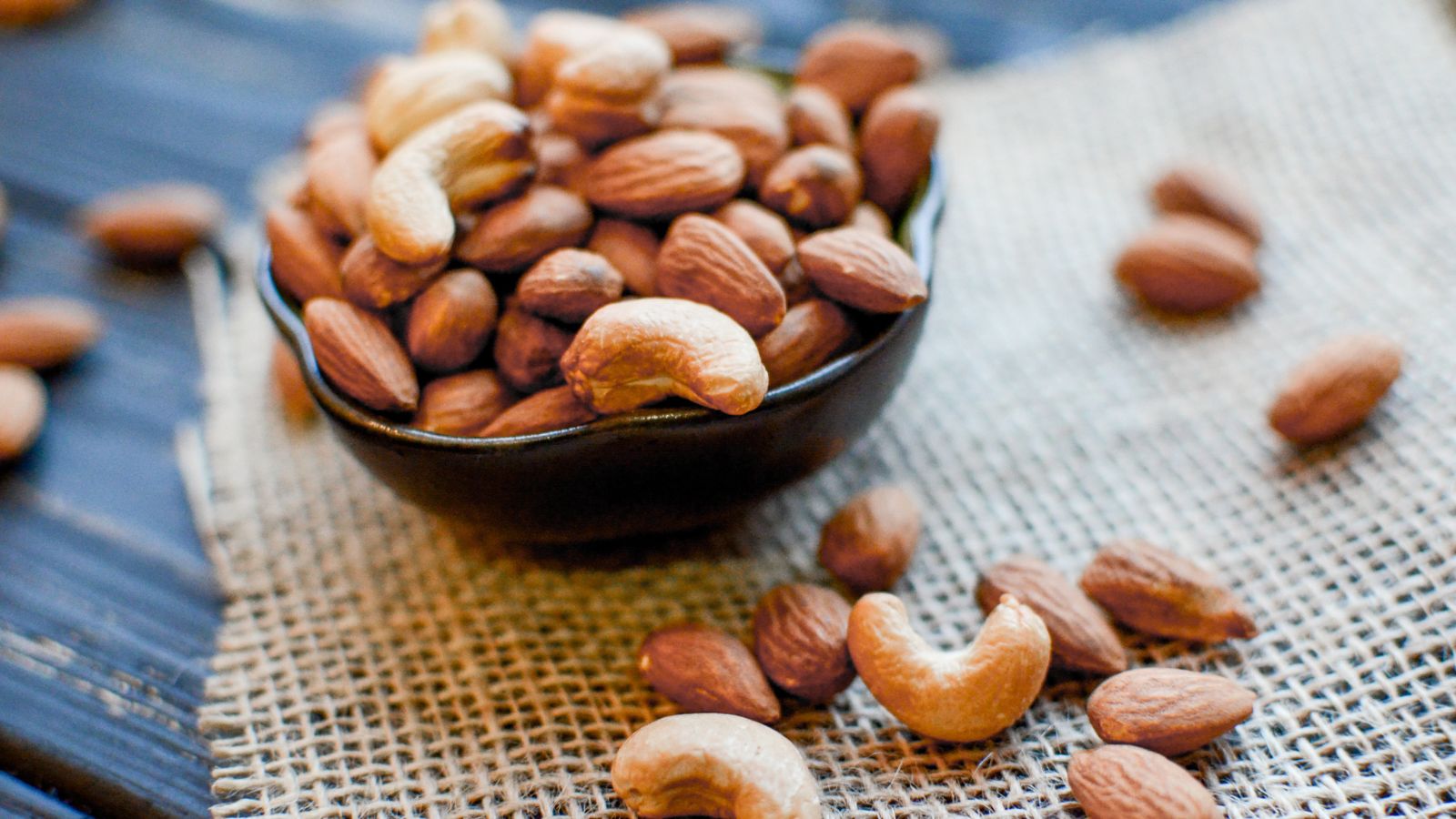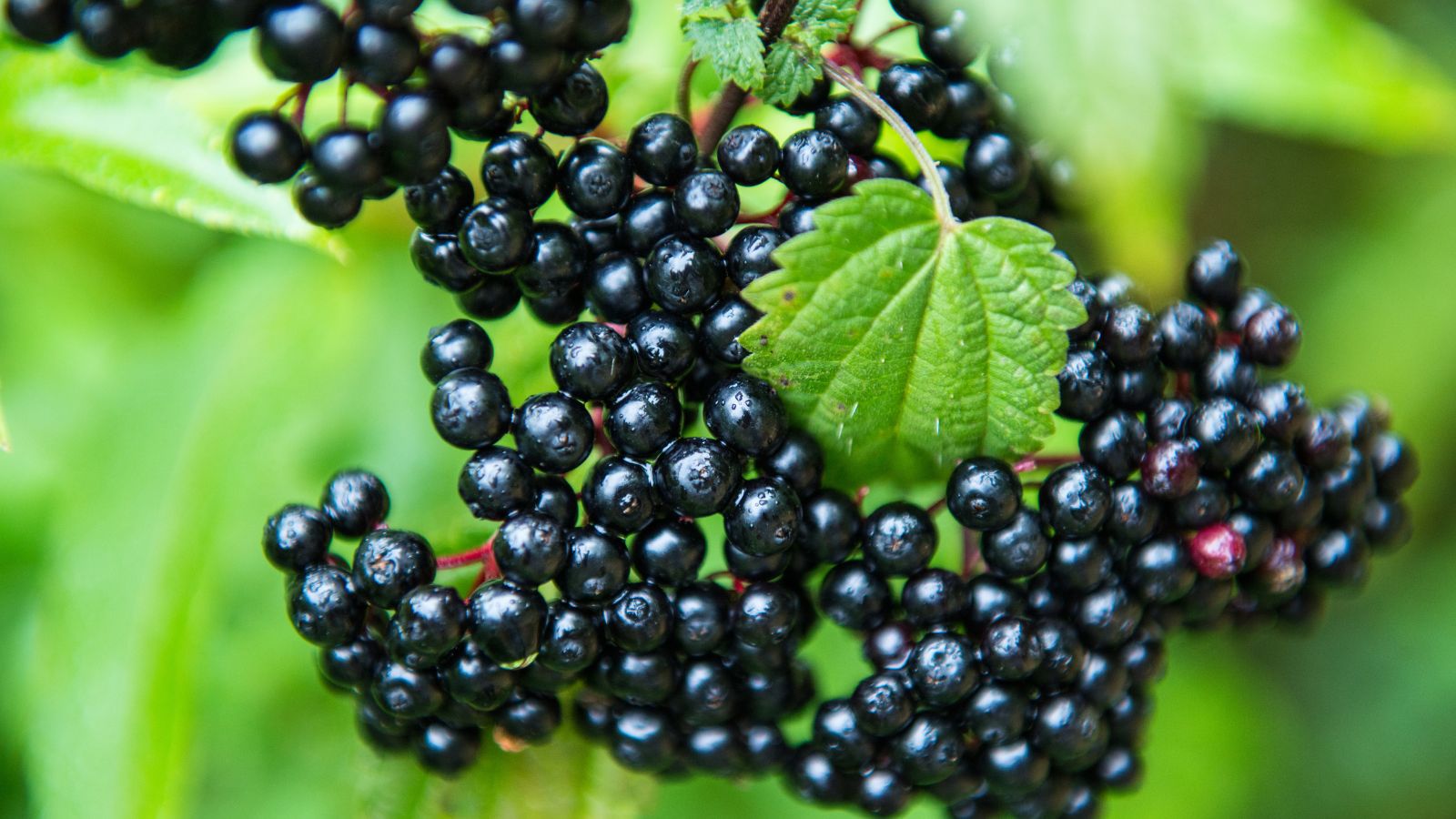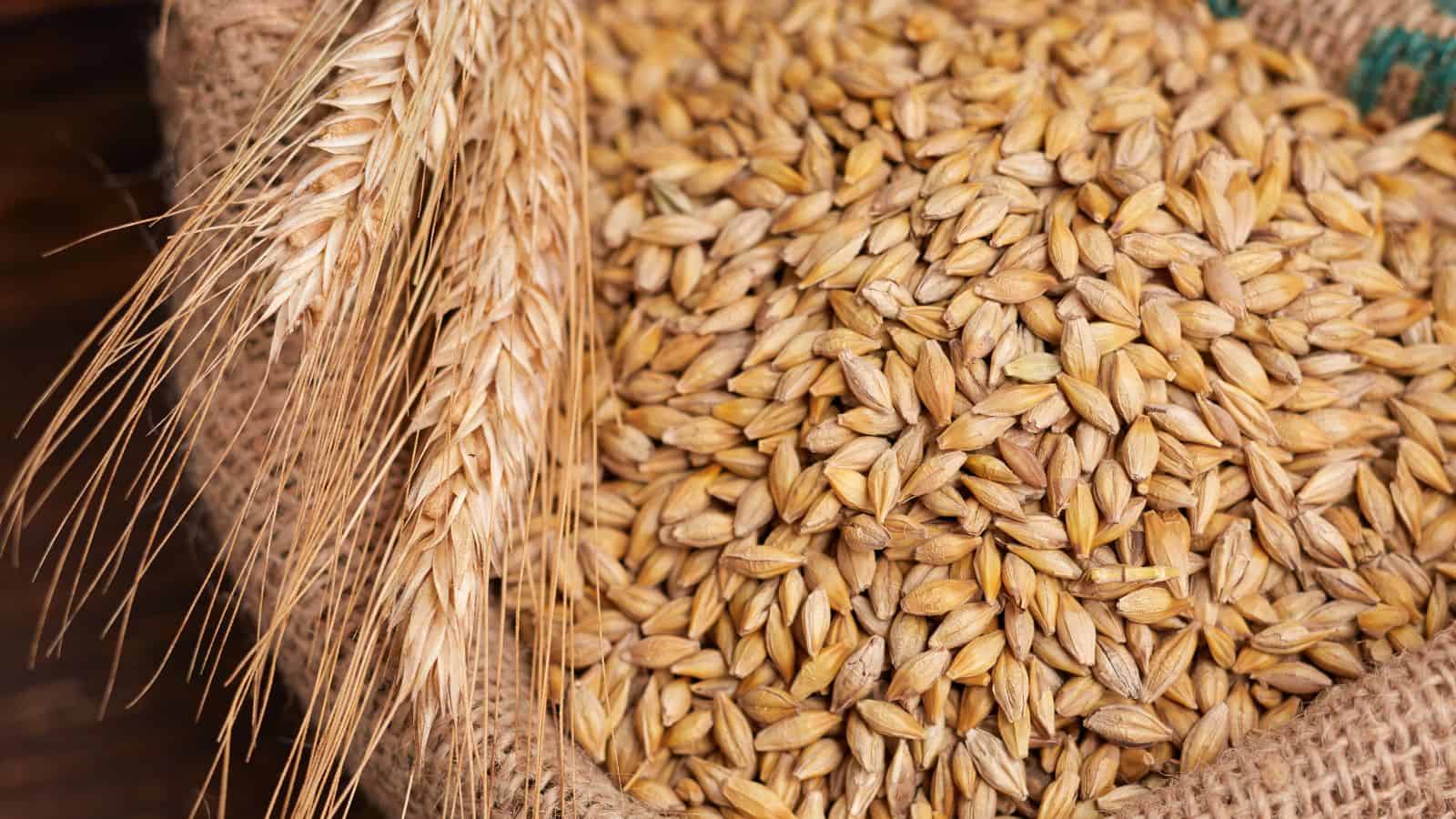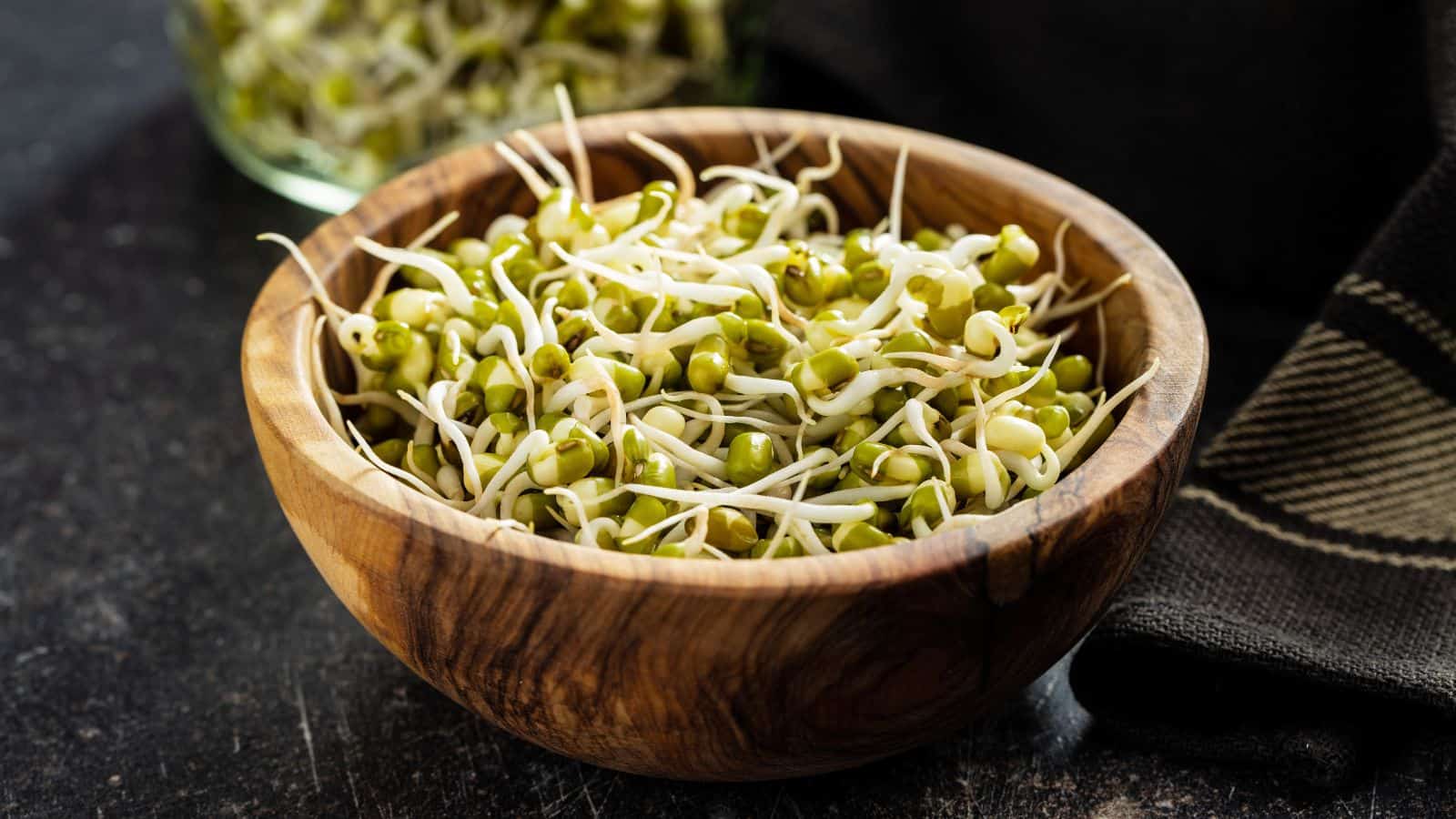Raw diets are a modern dietary trend that advocates uncooked food, touting it as a highly nutritious way to maintain a healthy weight and get enough vitamins. While this may be true for a variety of foods, it’s a dangerous philosophy to apply to every grocery item. Here are 18 foods that you should always cook first to avoid health problems like food poisoning and indigestion.
Meat

While all meat should be cooked before eating, take particular care to cook chicken and pork thoroughly and never eat them ‘rare’! Raw meat can harbor harmful bacteria like E. coli, Salmonella, and Listeria, which can cause severe food poisoning. The symptoms (cramps, diarrhea, fever, and vomiting) aren’t pleasant—we don’t recommend it!
Shellfish

The Virginia Dept. of Health warns, “Eating raw or undercooked oysters or clams can lead to serious illness or death,” particularly if you suffer from certain medical conditions like liver disease. All uncooked shellfish contain bacteria and viruses, as well as parasites, that can cause foodborne illness; always cook them to an internal temperature of 145°F for safety.
Freshwater Fish

Like crabs and mussels, raw bony fish can harbor parasites and bacteria. This is especially true for certain freshwater species, like carp and snakehead. While some dishes, such as sushi, incorporate raw marine fish like tuna and salmon, you should never eat sushi that hasn’t been prepared by a trusted source. All commercial sushi-grade fish must legally be deep-frozen before use (to kill parasites).
Eggs

Raw eggs can carry Salmonella bacteria, which can cause severe food poisoning and even death in vulnerable people. The yolk and the white of the egg can contain Salmonella, and refrigeration does not eliminate the risk because the bacteria can survive in cold temperatures. Always cook eggs thoroughly and avoid licking the bowl while cake-making!
Unpasteurized Dairy Products

Unpasteurized milk and dairy products, such as cheese and yogurt, have not been heat-treated to kill harmful bacteria like E. coli, Salmonella, and Listeria that may be lurking in them. Pasteurization makes dairy products safe for consumption, so avoid drinking milk ‘fresh from the cow’ or trying unpasteurized cheese abroad, especially if you’re pregnant or elderly.
Raw Bean Sprouts

Unless your mung bean sprouts, alfalfa sprouts, and other raw sprouts are specifically labeled as “ready to eat,” they must be cooked before consumption. Food Safety Guru claims the warm, humid conditions needed to grow the sprouts are perfect for bacterial growth, and microbes can easily multiply after picking. Always cook raw sprouts in stir-fries or similar dishes.
Unwashed Fruits and Vegetables

While fruits and vegetables are generally safe to eat raw, washing them thoroughly first is important. This removes dirt, debris, pesticide sprays, and any lingering bacteria or parasites. Avoid eating them raw if you cannot give them a thorough scrub. This is especially true for produce like apples, lettuces, and bell peppers because they lack a protective, inedible coating.
Kidney Beans

Uncooked or improperly cooked kidney beans contain a toxin called lectin, which can cause gastrointestinal issues, including abdominal pain, vomiting, and diarrhea. To reduce lectin levels, soak the beans beforehand and discard the water before cooking them thoroughly. If you want to incorporate them into salads, simply allow them to cool and store them in the refrigerator.
Rhubarb Leaves

Rhubarb stalks are a popular ingredient in pies and sauces, but the leaves of the plant contain high levels of oxalic acid, which is toxic to humans. Even cooked leaves aren’t safe, but raw leaves pose the greatest risk—in severe cases, they can cause kidney failure, especially in vulnerable people. Keep the leaves strictly for the compost bin (where they’re safe to use).
Bitter Almonds

While almonds are a healthy nut, Healthline warns that bitter almonds naturally contain a substance called amygdalin, which converts to cyanide in the body. Cyanide is poisonous and can even be fatal if you ingest sufficient quantities. Only eat bitter almonds after they’ve been boiled, roasted, or microwaved at a high temperature, as this reduces their toxicity.
Cassava Root

Cassava is a starchy root vegetable that is a staple food in many tropical regions. However, like bitter almonds, raw cassava contains linamarin, which releases cyanide when consumed. Proper preparation methods (like peeling, soaking, and cooking cassava root) eliminate this toxin and make it safe to eat. Only eat the root if you know how to prepare it safely.
Elderberries

Elderberries are used in jams, jellies, and wines, but the raw berries contain a toxin called sambunigrin that causes unpleasant gastrointestinal symptoms such as nausea, vomiting, and diarrhea. Cooking elderberries at high temperatures breaks down this toxin into safe compounds, and they are, therefore, safe to consume afterward.
Unripened Mangoes

Unripe mangoes contain a higher concentration of toxic sap that can irritate the skin, throat, and mouth and cause gastrointestinal discomfort, cramps, and diarrhea. If you have hard mangoes, only use them in cooked dishes such as South Asian or Caribbean curries. As mangoes ripen, the sap concentration decreases, making them safe to eat raw.
Ackee Fruit

Ackee is a popular food in Jamaica, but it must be consumed with caution. Raw fruits, particularly the inner red tissue, contain phytochemicals and hypoglycin A that can cause ‘Jamaican vomiting sickness’ and dangerous changes to blood sugar levels. Typically, the fruit is only eaten after cooking and is popular in Caribbean recipes like ‘ackee and saltfish.’
Shiitake Mushrooms

These popular Japanese mushrooms are a common ingredient in noodle and soup dishes but must be cooked to an internal temperature of 266°F before consumption. According to the Mankato Clinic, eating an undercooked shiitake mushroom can cause flagellate dermatitis within 24–48 hours—an itchy skin condition that causes a rash on the chest, back, legs, arms, and neck.
Honey (for Infants)

Honey can be delicious and healthy, but it should never be given raw to infants under one because it can contain spores of a bacteria called Clostridium botulinum. The bacteria can cause infant botulism, a rare but serious illness that can lead to paralysis and even death. An adult’s digestive system, however, is mature enough to kill the spores before they germinate.
Unprocessed Grains and Nuts

Whole grains, such as wheat, oats, and brown rice, and certain nuts, like almonds and cashews, contain phytic acid. Phytic acid isn’t toxic, but it binds to nutritious minerals like phosphorus, zinc, and iron, making them unavailable for absorption by the body. Soaking, sprouting, fermenting, or cooking grains and nuts reduces phytic acid content and stops it from interfering with digestion.
Potatoes

Uncooked potatoes not only taste bad, but they can cause nausea, stomach cramps, vomiting, and diarrhea. This is because they contain lectin, an “antinutrient” that can potentially inhibit the absorption of essential nutrients like calcium and iron. Eating too much lectin at one time can cause gastrointestinal problems so, while a single bite of raw potato is harmless, eating a lot isn’t advisable.
Read More: 21 Things That Will Be Lost Forever When The Boomer Generation is Gone

Baby boomers grew up in a vastly different culture, so they have what younger generations consider strange habits. An internet survey recently asked, “What will die with boomers?” Here are the top 22 answers.
21 Things That Will Be Lost Forever When The Boomer Generation is Gone
18 Common Phrases That Signals Support for Trump

Understanding the unique language of politics, particularly among Trump supporters, can provide valuable insights into the nation’s current state. Here’s a deeper look into 17 phrases you’ll likely only hear from this demographic.
18 Common Phrases That Signals Support for Trump
17 Religious Facts People Get Wrong All the Time

Religious beliefs and practices are often misunderstood, leading to common misconceptions. Some are just too general, others are downright out there. So, we’ll be correcting 17 widely circulated ‘facts’ about world religions.
17 Religious Facts People Get Wrong All the Time
Why People Aren’t Religious Anymore: 15 Simple Reasons

As society evolves, so does our approach to spirituality. This article looks at the subtle yet profound shift from traditional religious adherence to a more personal, evidence-based belief system.
Why People Aren’t Religious Anymore: 15 Simple Reasons
17 American Attractions That Not Even Americans Want to Visit

The United States of America—land of the free, home of the brave, and the location of some of the most ‘unique’ tourist attractions you’ll ever lay eyes on.
Get ready to chuckle, scratch your head, and maybe even facepalm as we look at 17 American attractions that not even Americans think are worth visiting.
17 American Attractions That Not Even Americans Want to Visit

